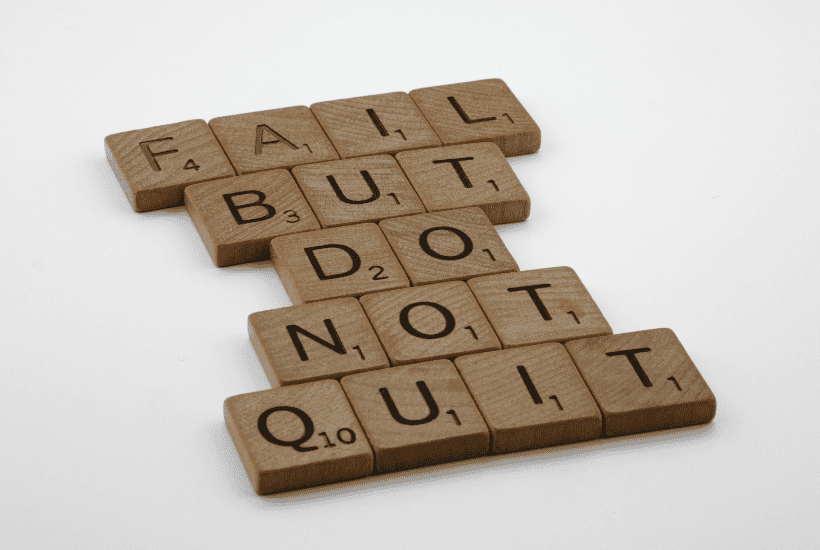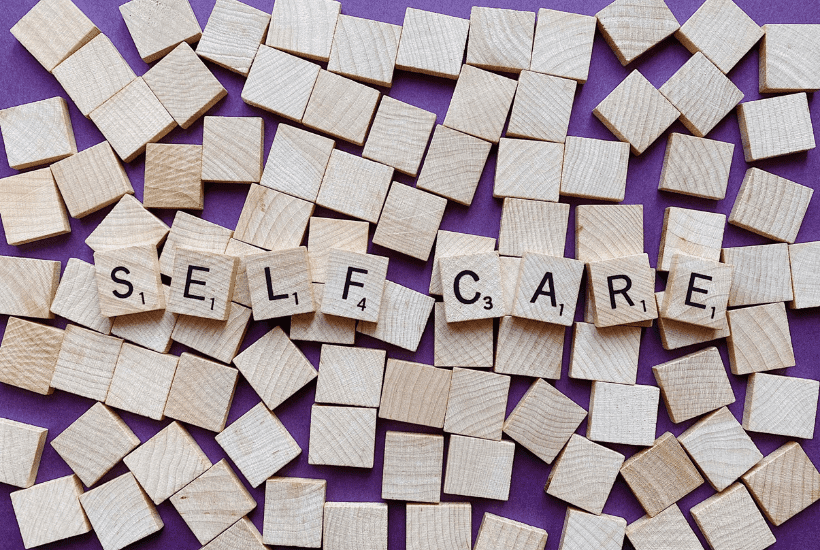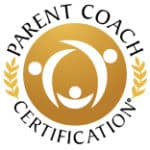15 Skills your children should know by age 10
Nowadays, children are learning to use Ipads and phones before they can gain skills like tying their shoes or making a sandwich.
As a result, it’s more important than ever to ensure your child is gaining the skills they need to succeed in life – and that starts before they turn 10.
There are 15 skills that children should know by age 10, and as a parent, you play a vital role in helping them gain those skills.
From learning how to handle money to gaining emotional intelligence, these skills will set your child up for a bright future.
Here are 15 skills children should know by age 10:
1. How to manage their time and priorities
There are many ways a parent can help their child learn the skill of managing their time and priorities.
Some of the strategies that may be helpful include:
- Help your child create a schedule and stick to it.
- Encourage your child to set goals and work towards them.
- Teach your child to ignore distractions and focus on what is essential.
- Help your child develop a routine for homework and other tasks.
- Praising your child for completing tasks on time and taking care of responsibilities.

2. How to work hard and persevere through difficult tasks
One of the best things a parent can do to help their child learn this skill is to lead by example. Show your child how you work hard and persevere through difficult tasks in your own life.
Other ways to help your child develop this skill include:
- Helping them break big tasks into smaller, more manageable steps.
- Encourage them to take breaks, rest when needed, and keep going when they feel like they can’t do it anymore.
- Teaching them how to stay positive and look for the silver lining even when things are tough.
- Helping them find their passion and teaching them that hard work pays off in the end.

3. How to be organized and efficient
Parents can help their children learn organization and efficiency in a number of ways,
some of which are:
- Help your child create a system for organizing their belongings.
- Encouraging them to put things away in their proper place.
- Teach them to plan and think about what they need before leaving the house.
- Helping them develop a routine for completing tasks (such as homework).
- Showing them how to be mindful of their time and use it wisely.
4. How to be financially responsible
Parents can give their children a strong foundation in money management by starting to teach them early on.
Here are some ways to do this:
- Giving them an allowance and helping them to budget it wisely.
- Teaching them how to save up for things they want.
- Showing them the importance of delayed gratification.
- Helping them to understand the concept of needs versus wants.
- Encouraging them to give back to others through charitable donations.

5. How to be a good friend and how to resolve conflicts
There are many ways a parent can help their child learn the skills of being a good friend and resolving conflicts.
Below are some helpful strategies:
- Talk with your child about the importance of being a good friend.
- Helping them to identify qualities that make a good friend.
- Discuss with them how to handle conflicts with friends.
- Encouraging them to be open-minded and listen to others’ points of view.
- Teaching them how to compromise and find win-win solutions.

6. How to set boundaries and assert themselves
One of the best ways a parent can help their child learn this skill is to model healthy boundary setting in their own life.
Other ways to help your child develop this skill include:
- Talk about healthy boundaries and why they are important to your child.
- Helping them to identify their boundaries.
- Teaching them how to assert themselves respectfully.
- Encouraging them to stick to their boundaries even when it’s difficult.
- Showing them how to be respectful of other people’s boundaries.
7. How to be independent and take care of themselves
There are many ways a parent can help their child learn independence and self-care skills.
Here are some strategies that might help:
- Allowing them to do things for themselves whenever possible.
- Encourage them to try new things and step outside their comfort zone.
- Helping them to develop a healthy sense of self-reliance.
- Teaching them how to take care of their personal hygiene and health.
- Showing them how to be responsible for their belongings.

8. How to be resilient and adaptable
Some of the best ways that a parent can help their child learn this skill is to:
- Talk about your experiences with setbacks and how you overcame them.
- Encourage your child to see failure as an opportunity to learn and grow.
- Help them to develop a positive mindset and look for the good in every situation.
- Teach them practical problem-solving skills.
- Show them how to be flexible and adaptable when things don’t go as planned.
9. How to manage their emotions
There are many different ways that a parent can help their child learn the skills of emotional management.
Some of the strategies that may be helpful include:
- Helping them to identify their emotions and label them accurately.
- Talking about how different emotions make us feel in our bodies.
- Teaching them healthy coping skills for dealing with difficult emotions.
- Encouraging them to express their emotions in appropriate ways.
- Showing them how to regulate emotions through deep breathing and other relaxation techniques.
10. How to have a growth mindset
A parent can help their child develop a growth mindset by:
- Encouraging them to see mistakes as learning opportunities.
- Helping them to understand that effort leads to success, not just natural talent.
- Teaching them how to persevere through challenges and setbacks.
- Showing them how to celebrate their successes, no matter how small they may be.
- Encourage them constantly to keep learning and growing.

11. How to be a good communicator
There are many different ways that a parent can help their child learn the skills of communication.
Some of the strategies that may be helpful include:
- Helping them to identify their feelings and needs.
- Teach them how to express themselves clearly and concisely.
- Encouraging them to listen to others with respect and open-mindedness.
- Showing them how to resolve conflicts through effective communication.
- Helping them to understand the importance of body language and nonverbal cues.
12. How to use the internet safely and responsibly.
Some of the best ways that a parent can help their child learn this skill is to:
- Help them to understand what personal information is and why it’s important to keep it private.
- Teach them how to spot online predators and scams.
- Show them how to be a good digital citizen and respect other people’s online privacy.
- Encourage them to use strong passwords and never give out personal information to strangers.
- Help them to understand the importance of cyberbullying and how to avoid it.

13. How to make Breakfast
Some of the best ways that a parent can help their child learn this skill is to:
- Show them how to prepare simple, healthy breakfast foods.
- Help them to understand the importance of eating Breakfast every day.
- Encourage them to be creative and try new things with their Breakfast.
- Teach them how to clean up and put away all the breakfast dishes.
- Help them to understand the importance of food safety and hygiene when handling breakfast foods.
14. Respect themselves, others, and the environment
Some of the best ways that a parent can help their child learn this skill is to:
- Talk about what respect means and why it’s important.
- Help them to see how respect applies to different people and situations.
- Encourage them to always show respect, even when it’s difficult.
- Help them to understand the importance of environmental respect and how they can make a difference.
- Show them how to stand up for themselves and others when they see disrespect happening.
15. How to be grateful
There are many ways a parent can help their child learn gratitude skills.
Some of the strategies that may be helpful include:
- Helping them identify the things they’re grateful for in their life.
- Encourage them to express their gratitude verbally and through acts of kindness.
- Helping them to understand how gratitude can make them happier and more resilient.
- Showing them how to express gratitude differently, such as through journaling or artwork.
- Encourage them to practice gratitude even when feeling down or frustrated.
- Use positive words and try to see their strengths rather than their weaknesses.

Finally,
It’s important to remember that skills are best learned through practice. As a parent, you can provide opportunities for your child to practice the skills children should know by age 10 they’re learning.
You can also model these skills yourself, so your child can see how they’re implemented in everyday life.
The more opportunities your child has to practice and use these skills, the more likely they will master them.
And always remember that NO children are alike; each one has their own individual skills that they need to learn to succeed.
What works for one child might not work for another. So be patient, and keep trying different things until you find what works best for your child.
Parenting can be tough, but it’s also one of the most rewarding experiences you’ll ever have.
Remember to stay patient and keep trying different things until you find what works best for your child. Then, with some love and guidance, your children will be well on their way to a successful future.
Thank you for reading! I hope this article helped give you some ideas about skills your children should know by age 10.






